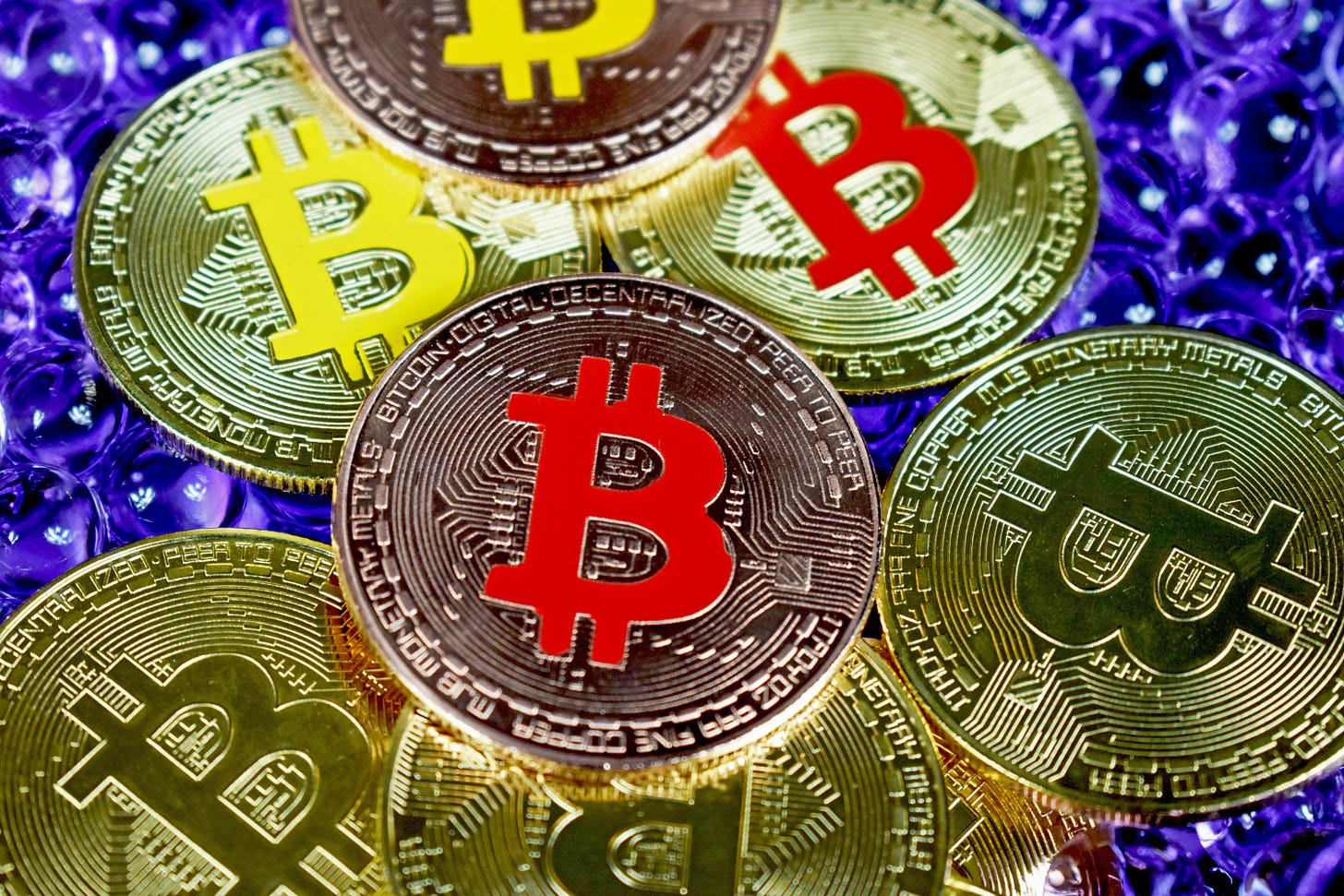By Dr Patrick Lee (views are the author’s own)
Schools accept tuition payments in many different forms: cash, direct deposit, bank transfer, PayPal, credit and debit cards. Some even accept Apple Pay, Google Pay and the like.
Maybe some of these methods of payment are not the school owner’s preference, incurring bank and administrative charge, but, in an economic downturn, getting a payment is always better than not getting a payment.
During this pandemic, many schools have experienced a decline in enrolment, tuition payment defaults, or delays in tuition payment. All this directly impacts on profitability, cash flow and the operation of the school. Some schools have had no choice but to close down as a result. And the longer the pandemic continues, the more other schools risk following suit.
An alternative to the above methods of payment is Bitcoin.
Bitcoin is a digital currency created in January 2009. Bitcoin offers the promise of lower transaction fees than traditional online payment mechanisms and, unlike government-issued currencies, it is operated by a decentralised authority.
Bitcoin is a type of cryptocurrency.
There is no physical bitcoin, only balances kept on a public ledger that everyone has transparent access to. All bitcoin transactions are verified by a massive amount of computing power. Bitcoin is not issued or backed by any banks or governments, nor is an individual bitcoin valuable as a commodity. (Frankenfield, 2021)
Accepted Here?
Believe it or not, there are schools around the globe that are already accepting bitcoin for tuition payment.
In 2013 the University of Nicosia in Cyprus claimed to be the first school in the world to adopt bitcoin , followed by the American University, King’s College, The European School of Management and Technology (Germany) and The Lucerne University of Applied Sciences and Arts in Switzerland.
In 2017, The Montesorri Schools in New York City began accepting bitcoin for tuition. The annual school fee was about US$30,950 at Montesorri; as a parent, you would have paid ₿12 -an amount that is now worth about US$431,350, up by 1,300%.
As a school, if you had kept that bitcoin payment as your reserve, you would have made US$400,000 on that one tuition. This would have solved the financial issues that any similar schools were facing during the pandemic.
Not surprisingly, many other private educational institutions in the USA and elsewhere have now started to accept bitcoin in payment of school fees:
Berkley University, US
Princeton University, US
Varna University, Bulgaria
FPT University, Vietnam
Flinders University, Australia
However, like any forms of investment, there is a risk involved.
Bitcoin, like all cryptocurrencies, is incredibly volatile. It is not uncommon for the price of Bitcoin to experience wild swings within a day or even within minutes. However, the incredible growth on the value of Bitcoin over the years makes it a very attractive currency for schools as a method of payment.
So, for parents who have held Bitcoin for some time, you can consider paying your child’s tuition at a discount. If you have sufficient wealth in Bitcoin, utilize it to fulfill your goals. But note that schools will only assess received Bitcoins at the actual value, so the need to balance the (current) bitcoin price with the school fee is clearly important – you won’t be getting any ‘overpayments’ back!
For school owners, you will have the choice of converting Bitcoin immediately for cash or to save it as reserve for difficult times.
To me, that’s a ‘win-win’ for all.
This method of payment maybe a bit ‘out of a box’ for schools. But, it has its potential to become a preferred method of payment by school owners as well as parents who are already in the cryptocurrency investment market.
By Dr Patrick Lee (views are the author’s own)
Patrick is experienced Director with a demonstrated history of working in the education management industry. He is a Co-Founder of Whitehead, Lee & Associates, a consultancy providing expert advice and guidance to international schools.
Follow WLA on Facebook and LinkedIn.
INTERESTED IN INTERNATIONAL EDUCATION?
The Teacher’s Guide is getting around!
Seen here in Thailand with a happy reader - and his new best friend. When we said ‘a companion to your international adventure’ we didn’t quite mean that kind of companion!
Grab a copy to take on your own adventure or listen to a short sample here (4 mins).







